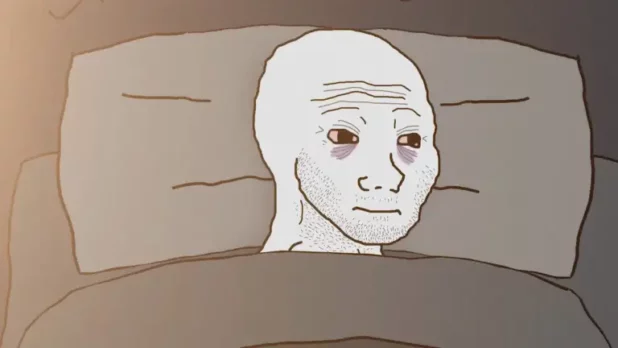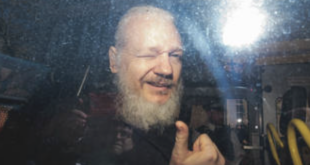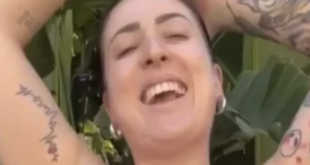Should we spot-check tired drivers?
A blood test to measure whether someone has caused an accident through lack of sleep could be available within a couple of years.
Would you be happy to see roadside tests for tiredness carried out? pic.twitter.com/35CaHEq9yr
— Jeremy Vine On 5 (@JeremyVineOn5) May 9, 2023
Frankly, you are probably a lot more likely to crash when you’re tired than when you’re drunk.
But why do Australians tolerate this level of intrusion into their lives? Over the past 5 or so years – boosted by Covid – Australia has surpassed both the UK and Canada to become the ultimate nanny state.
A blood test to measure whether a driver who has caused an accident was impaired by lack of sleep could be available within two years, making it easier to legislate against drowsy drivers or their employers.
The research, funded by the Australian Government Office of Road Safety, comes as fresh evidence suggests that driving on less than five hours’ sleep is as dangerous as being over the legal drink-drive limit in many countries.
It could also provide a “line in the sand” that could enable people to be prosecuted for driving while fatigued, which many sleep experts are calling for.
“There has to be a system to check whether someone has had enough sleep, because they could be putting other people’s lives at risk,” said Prof Steven Lockley, a sleep expert at Harvard medical school, who advises Nasa on sleep safety.
Prof Clare Anderson, at Monash University, in Melbourne, Australia, who is leading efforts to develop a blood-based test, said: “When you look at the major killers on the road, alcohol is one of them, speeding is another, and fatigue is one of them. But even though the solution to fatigue is quite simple, which is to get more sleep, our capacity to manage it is impaired because we don’t have tools to be able to monitor it like we do with alcohol.”
Many sleep experts agree that legislation is needed to reduce deaths from drowsy driving. Almost half of UK drivers have admitted to driving after less than five hours’ sleep, while experts estimate that fatigue-related crashes are likely to account for up to 20% of all UK vehicle collisions, and one quarter of fatal and serious crashes.
Anderson’s team has identified five biomarkers in blood that can detect whether somebody has been awake for 24 hours or more with greater than 99% accuracy.
If I knew I lived under a government that could prosecute me for not sleeping enough, it would keep me up at night.
 Daily Stormer The Most Censored Publication in History
Daily Stormer The Most Censored Publication in History



